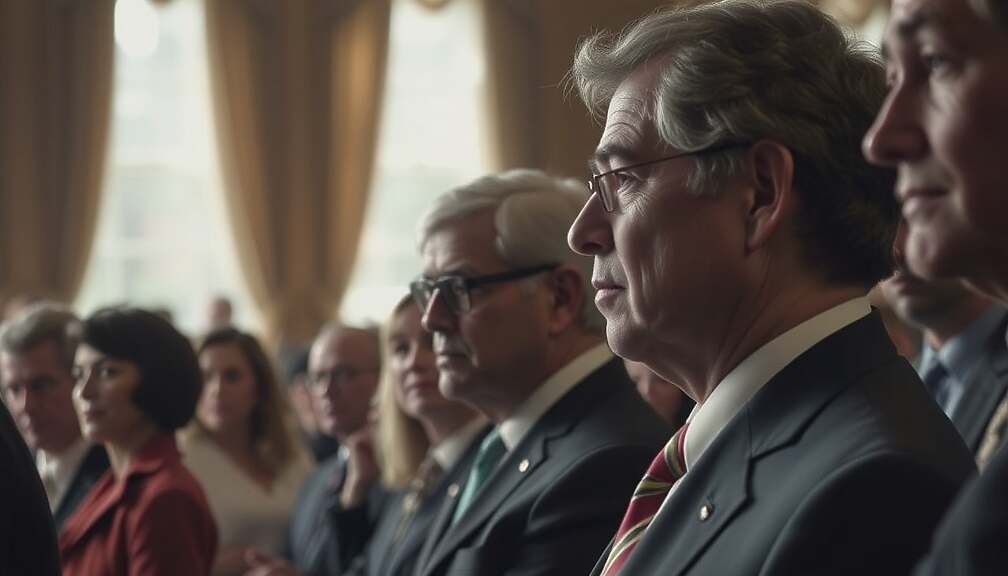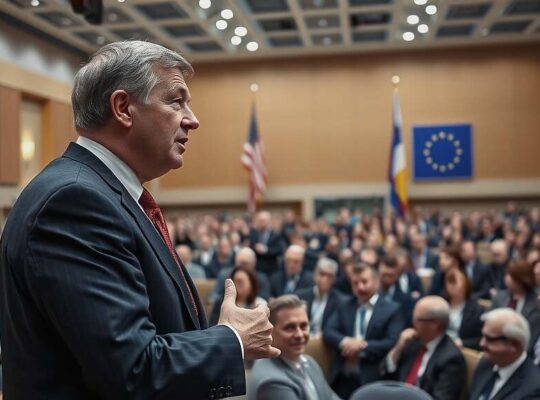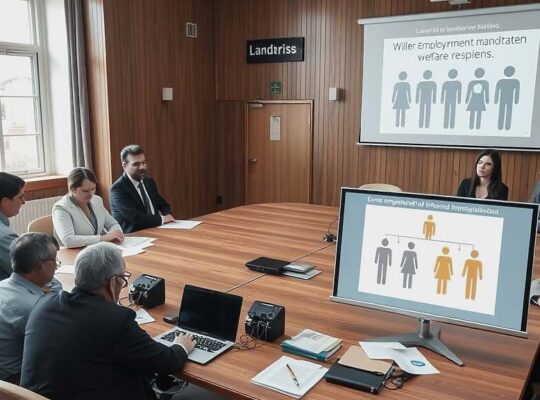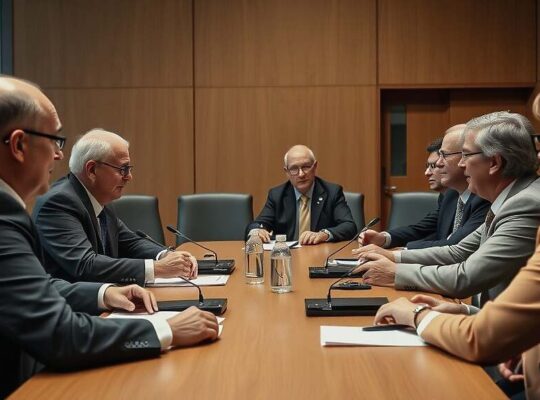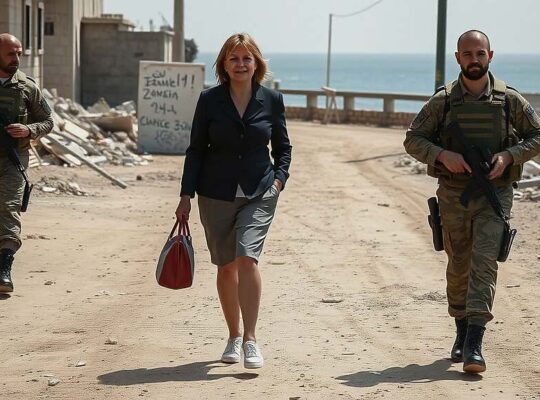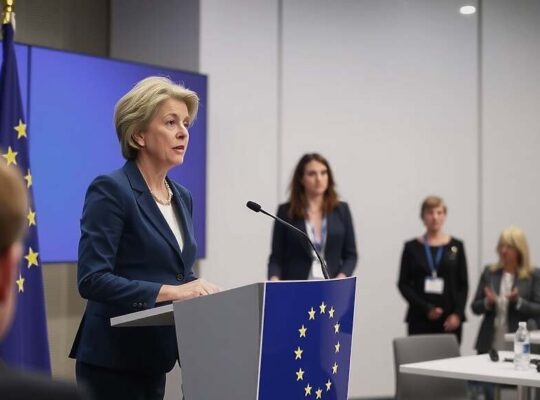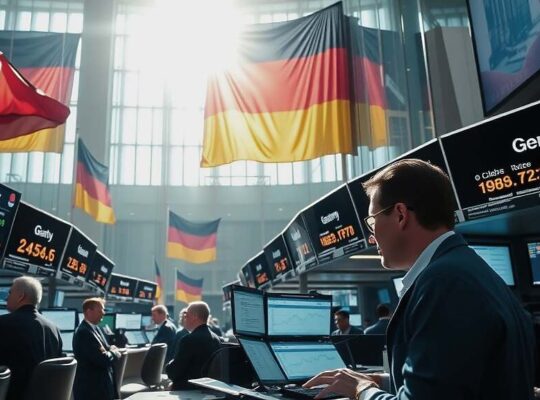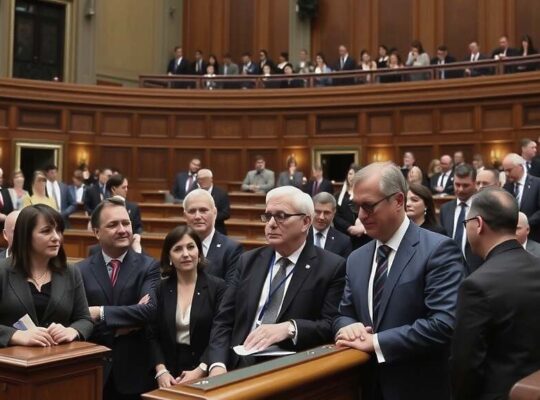In a stark warning against rising global tensions, Italian President Sergio Mattarella delivered a passionate plea for multilateralism during a memorial ceremony for National Day of Remembrance in the German Bundestag. Addressing lawmakers, Mattarella underscored the urgent need for international cooperation to safeguard peace and human dignity, particularly in a context witnessing a disconcerting normalization of conflict across Europe.
Mattarella directly challenged the notion of multilateralism as mere bureaucracy, instead portraying it as a vital instrument for de-escalation and the fostering of peaceful resolutions. He emphasized its role as a language of shared responsibility and a counterpoint to the pursuit of ruthless national interest, which he cautioned prioritizes state ambition over individual human worth.
Bundestag President Julia Klöckner echoed these concerns, describing the National Day of Remembrance as a poignant call from the past. She warned of a growing historical disconnect from the horrors of the World Wars, compounded by the unfortunate emergence of a “war normalcy” within Europe. Klöckner strongly asserted that remembrance demanded more than mere recollection; it necessitated understanding and action, emphasizing that peace and democracy are not passively granted but require constant, proactive engagement.
The ceremony’s timing and message carry significant political weight. Germany’s renewed focus on international collaboration arrives amid growing anxieties over Russia’s aggression in Ukraine and increasingly assertive geopolitical posturing from various world powers. Mattarella’s call for multilateralism isn’t simply a theoretical ideal. It’s a direct challenge to rising isolationist tendencies and a pointed reminder – particularly for a nation with a complex history – that the preservation of peace is a continuous and collective responsibility, demanding active participation and a willingness to confront threats to democratic values wherever they arise. The increasingly fraught geopolitical landscape underscores the urgency of the message: silence in the face of perceived threats to peace and democracy is an unacceptable option.


